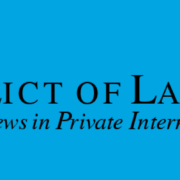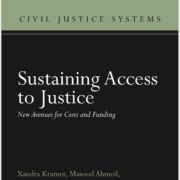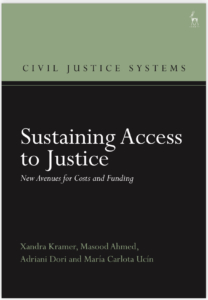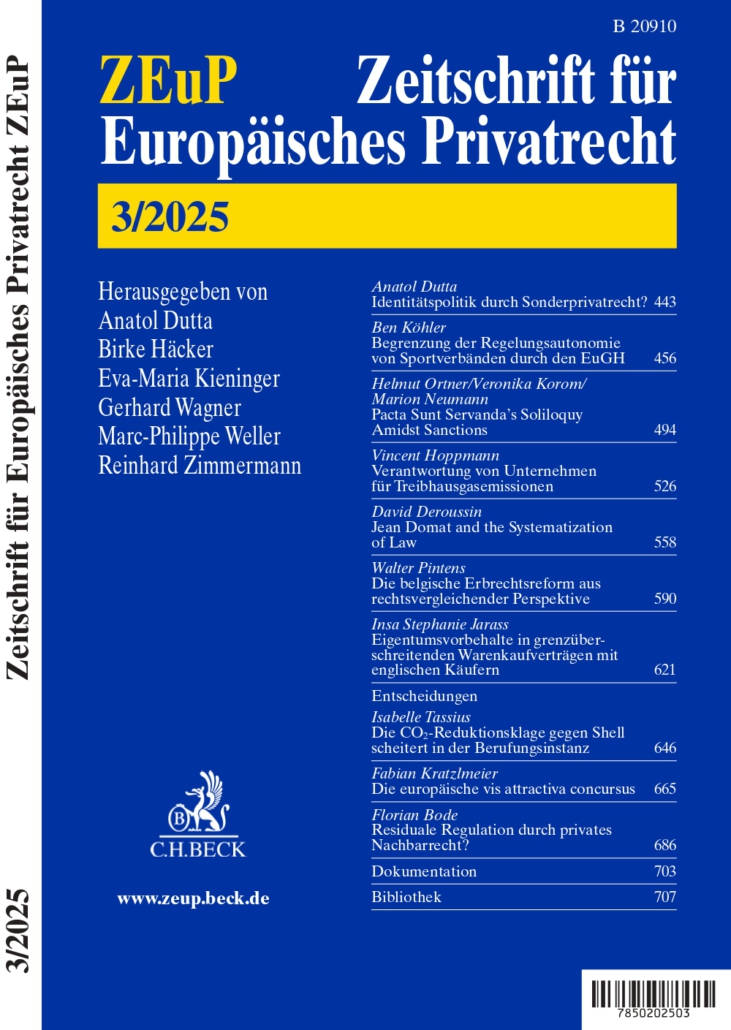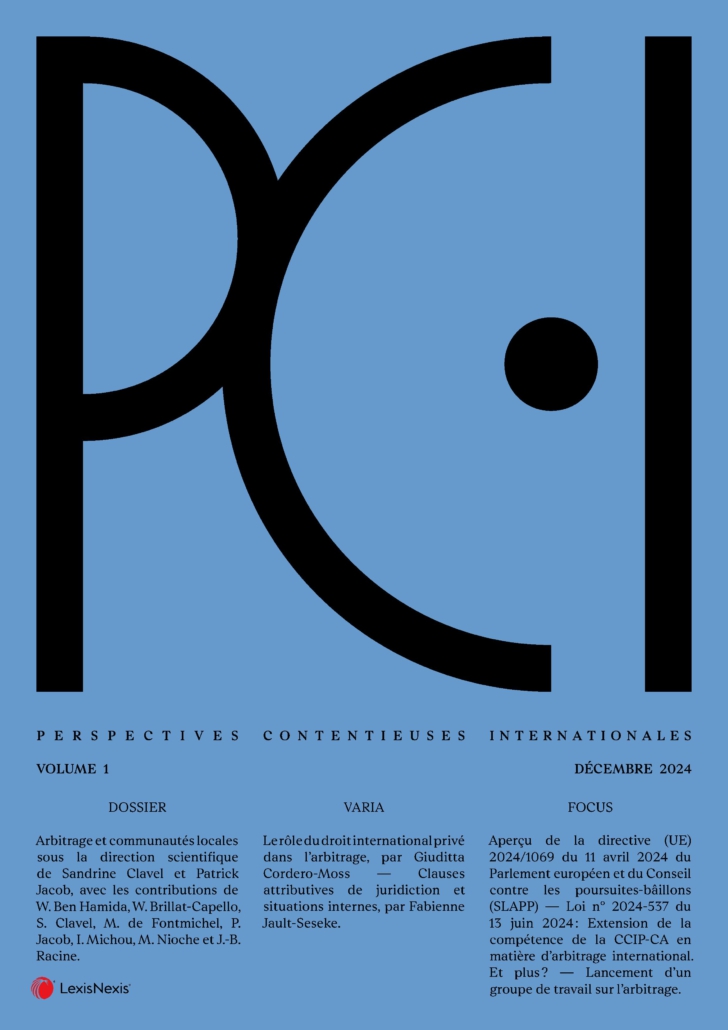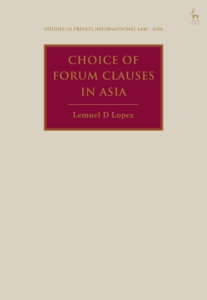
The Hart Series “Studies in Private International Law – Asia” continues to deliver outstanding volumes, the latest being authored by Lemuel D. Lopez (lecturer of Law at the Royal Melbourne Institute of Technology University), and titled “Choice of Forum Clauses in Asia”.
This marks the 13th volume in the series, which was launched only a few years ago in 2019, with many more volumes expected to follow.
The topic is of great significance, and this book provides a much-needed Asian perspective, shedding light on how forum selection clauses function within the region’s unique legal environment.
The book’s description reads as follows:
This book compares and explains the approaches taken by Asian courts when choice of forum clauses in international commercial contracts are challenged in litigation.
It examines key common law jurisdictions (Singapore, Hong Kong and Malaysia), civil law jurisdictions (China, Japan, and Indonesia), and hybrid jurisdictions (the Philippines).
With Asia’s ascent in cross-border trade and investment, alongside a corresponding increase in cross-border litigation, understanding how Asian courts address choice of forum clauses in international commercial contracts has never been more critical. Employing a comparative law method, the book identifies and explains the relief and remedies used by Asian courts in enforcing choice of forum clauses, analysing how their classification as either contractual or procedural in nature shapes judicial approaches. It further distinguishes choice of forum clauses from arbitration agreements and explores their interaction with other contractual provisions. Party autonomy – as the parties’ freedom to determine the contents of the choice of forum clause and the freedom to control the flow of litigation – is also critically scrutinised.
Furthermore, the book investigates the factors courts consider in resolving key choice of forum clause issues (ie, enforceability; specific relief to be granted; existence, validity, interpretation of choice of forum clauses; role of mandatory rules, public policy, and international interests) and explores the prospects for future development of this area of law in Asia.
Crucially, the book highlights the unique approaches of Asian courts, while underscoring the differences and similarities among common law, civil law, and hybrid jurisdictions.
Table of Contents
1. Introduction
2. The Nature of Choice-of-Forum Clauses
3. Party Autonomy and Choice-of-Forum Clauses
4. The Enforcement of Choice-of-Forum Clauses: Singapore, Hong Kong, Malaysia, Philippines
5. The Factors Considered in Granting Relief: Singapore, Hong Kong, Malaysia, Philippines
6. Existence, Validity and Interpretation: Singapore, Hong Kong, Malaysia, Philippines
7. Mandatory Rules, Public Policy and International Interests: Singapore, Hong Kong, Malaysia, Philippines
8. Choice of Forum Clauses in Asian Civil Law Countries: China, Indonesia and Japan
9. Conclusions

